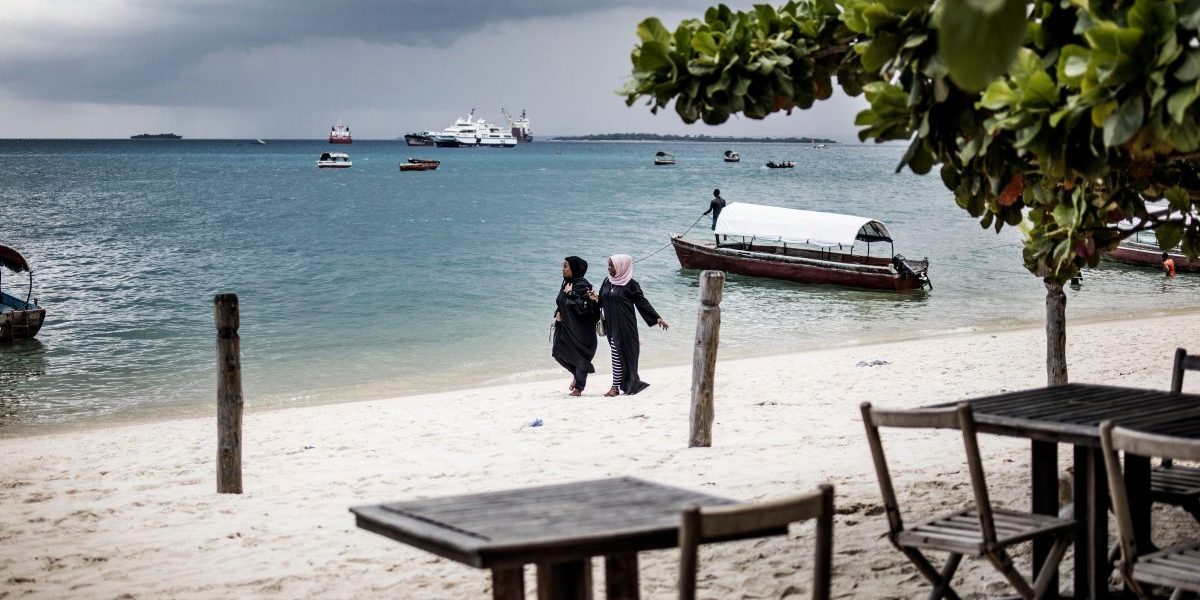Summary:
- Tanzania’s economy is facing an unprecedented macroeconomic crisis as attempts are made to contain the impact of the COVID-19 pandemic.
- The country’s ‘business as usual’ approach (which excluded a lockdown of economic activity apart from urging the population to take precautionary measures) and expansionary macroeconomic policy measures appear to be working with the country averting a recession in 2020.
- Sectors such as imports, exports and tourism have been seriously affected, and cannot be easily reached through a domestic fiscal and monetary stimulus.
- Recovery in these sectors will depend on how quickly trade and tourism partners recover.
- The Tanzanian government’s fiscal and monetary measures have been largely successful in cushioning the severity of the pandemic on the population and businesses while preventing socio-economic deterioration.
- Tanzania’s economy is on a good path to ‘build back better’ in 2021 and return to a pre-COVID growth path.







